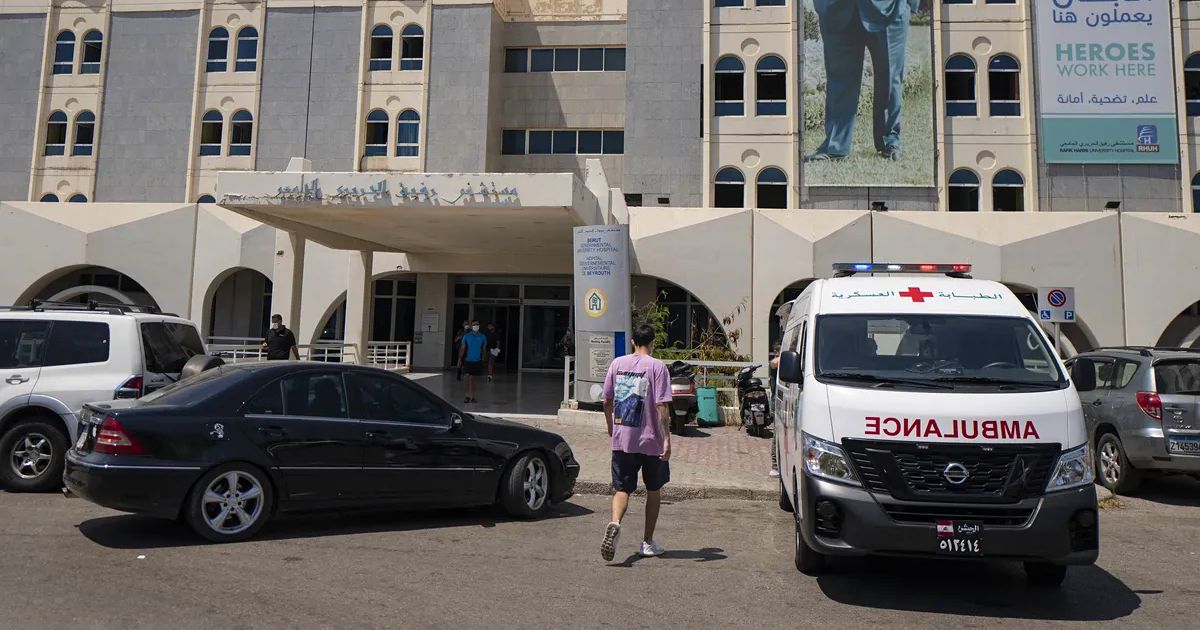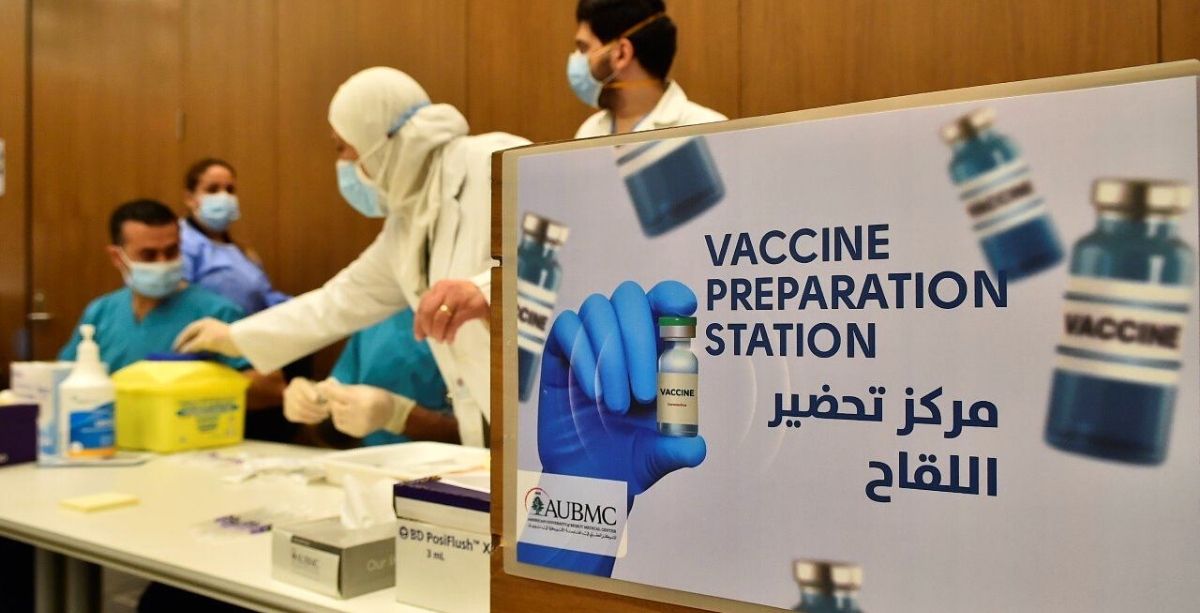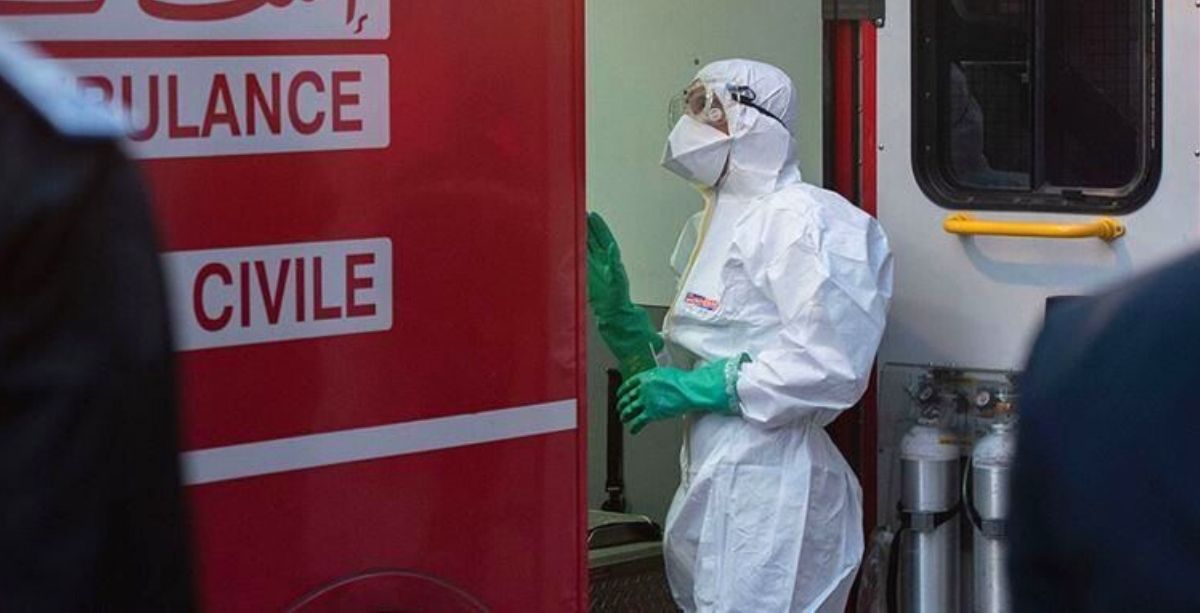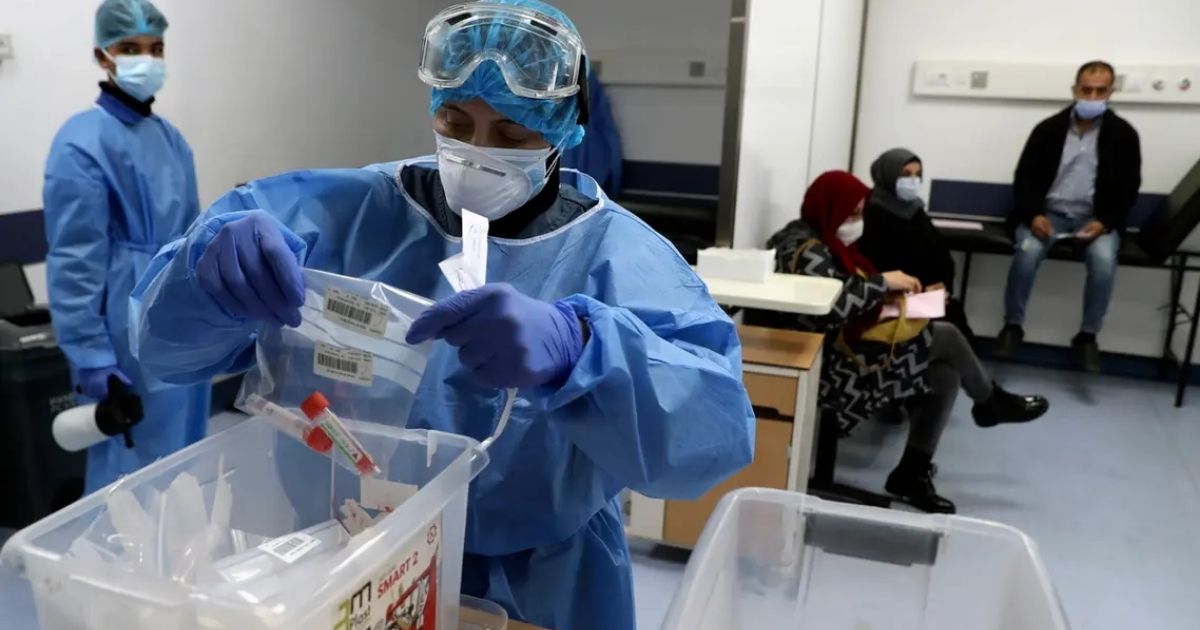Among the consequences of the Beirut’s explosion is the significant surge of coronavirus cases.
The chaos that immediately followed the blast, with buildings crumbling, hospitals shattering, people mingling, others hurrying to help, and victims being rushed to hospitals, the least everybody had in mind was the risk of COVID-19.
Beirut hospitals, which were treating most coronavirus patients, became instantly incapacitated, and are hardly able now to deal with the exponential increase of coronavirus cases.
A critical situation that Italy has come to know with the pandemic that hit it the most in Europe. It knows what it means to have its hospitals overwhelmed by a health emergency and hardly able to cope.
Italy had its own state of a health emergency, and it has now launched one for Lebanon: Emergenza Cedri.
Emergenza Cedri, or Cedar Emergency, involves Italy’s emergency medical assistance for Beirut, and which process the Italian Defense Minister, Lorenzo Guerini, just arrived in Lebanon to oversee.

Field hospitals are being now set up in Beirut, in collaboration with the Lebanese army, to treat the coronavirus infected patients, namely in Al-Haddath Campus of the Lebanese University.
St Georges Hospital in Beirut is receiving the electro-medical apparatus and medical and personal protective equipment that the Italian ETNA ship that just arrived is deploying.
The ETNA also unloaded a rubble removal military team to help the Lebanese rescue teams find missing people in Beirut’s port.
Italy’s Defense Minister Guerini met afterward with his Lebanese counterpart, Zeina Akar, to discuss his country’s aid, and praised “the great efforts that the Lebanese army has been exerting at this stage,” the NNA reported.
Guerini also met with President Michel Aoun who reportedly requested Italy’s aid in returning the Syrian refugees safely to their country and in helping out with the Palestinians in Lebanon.















